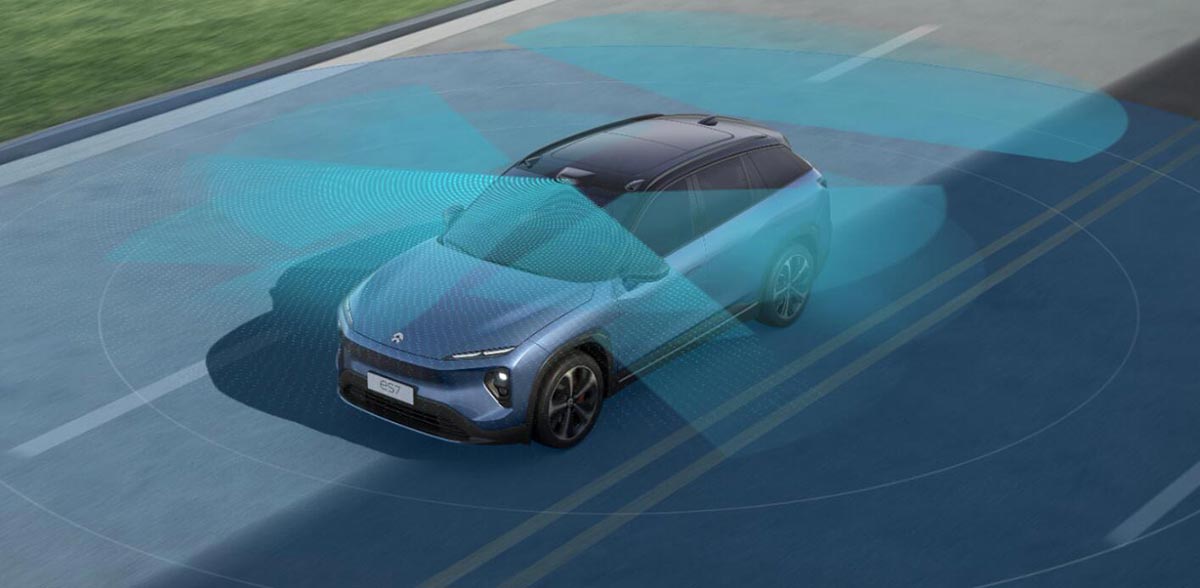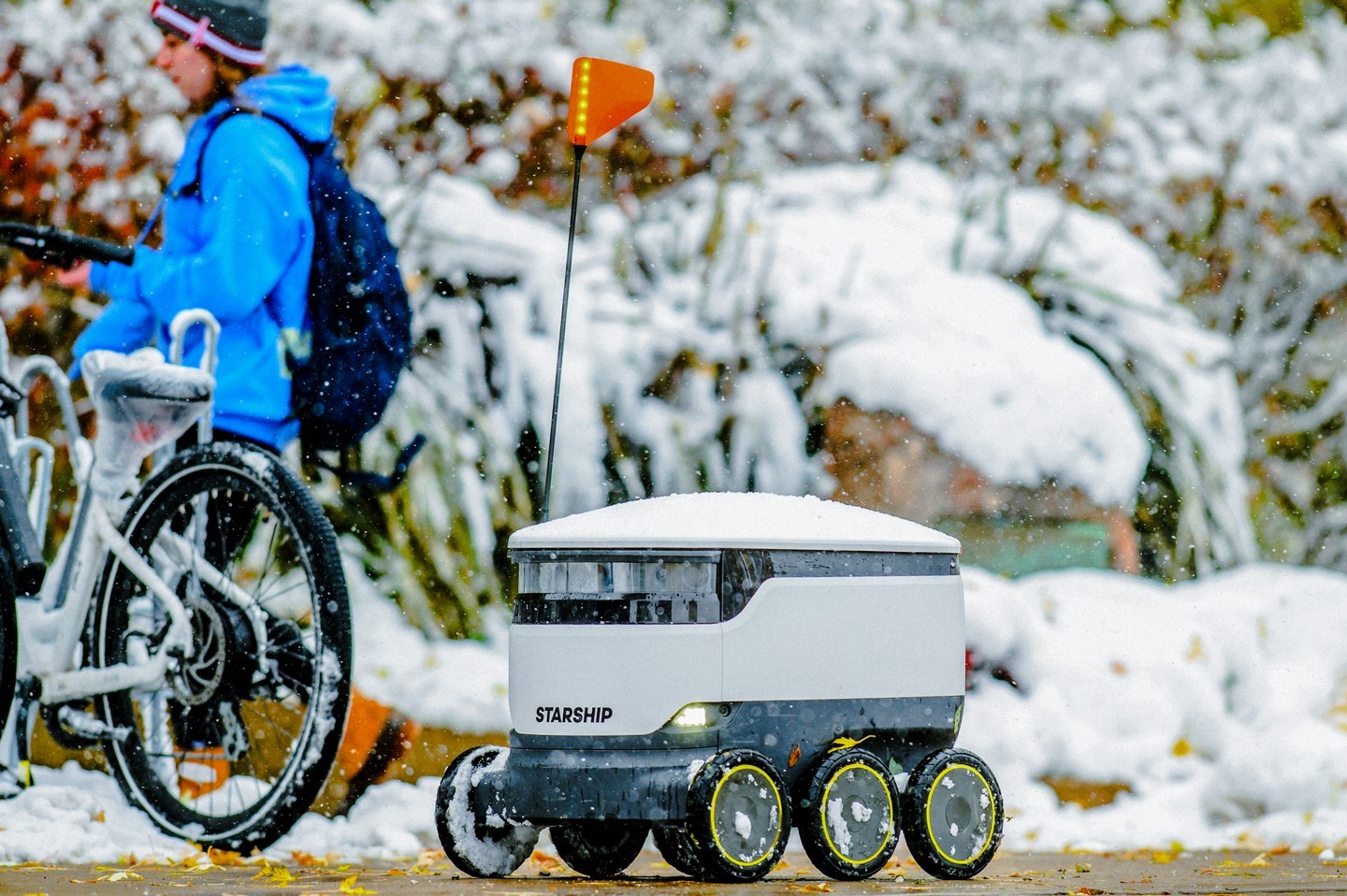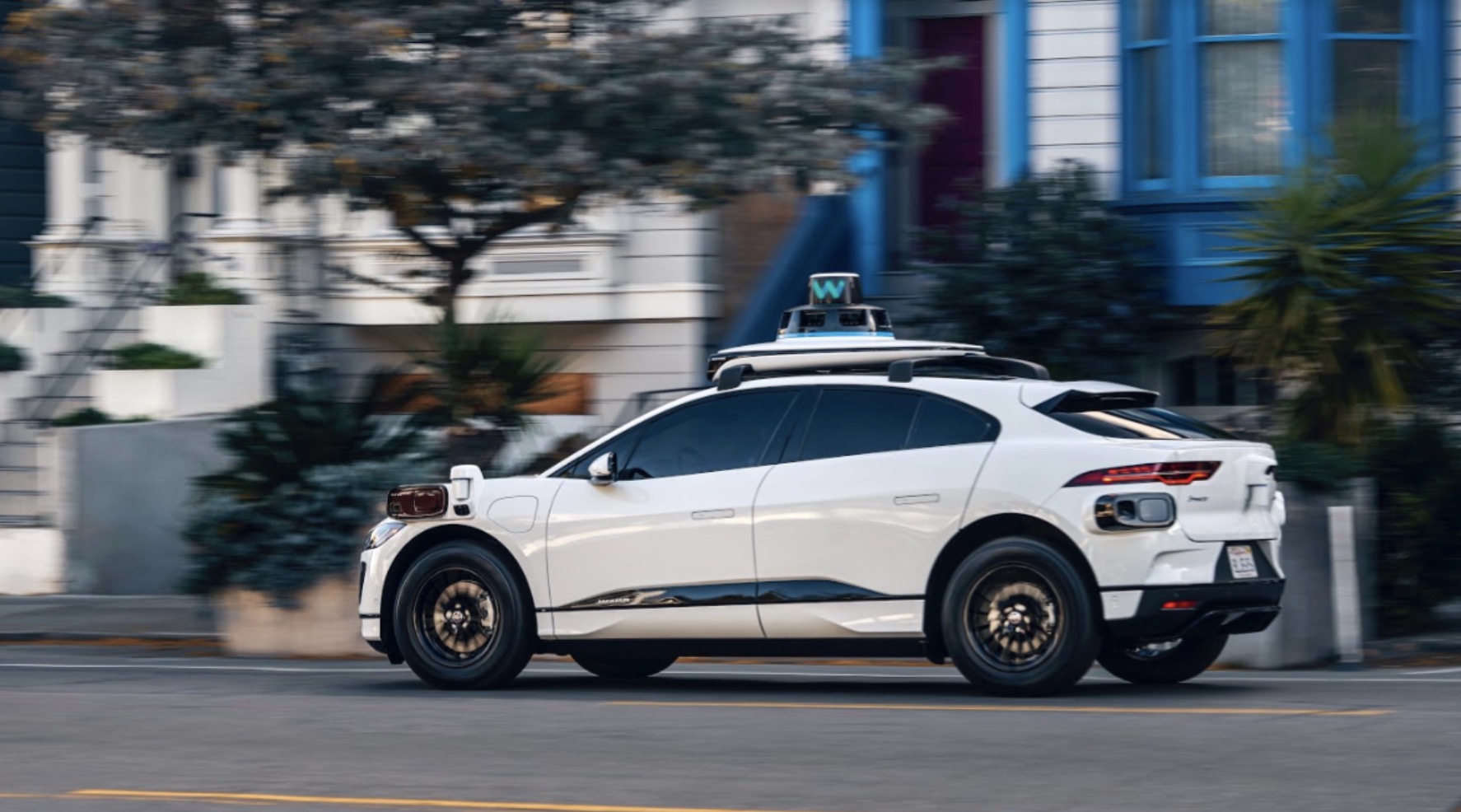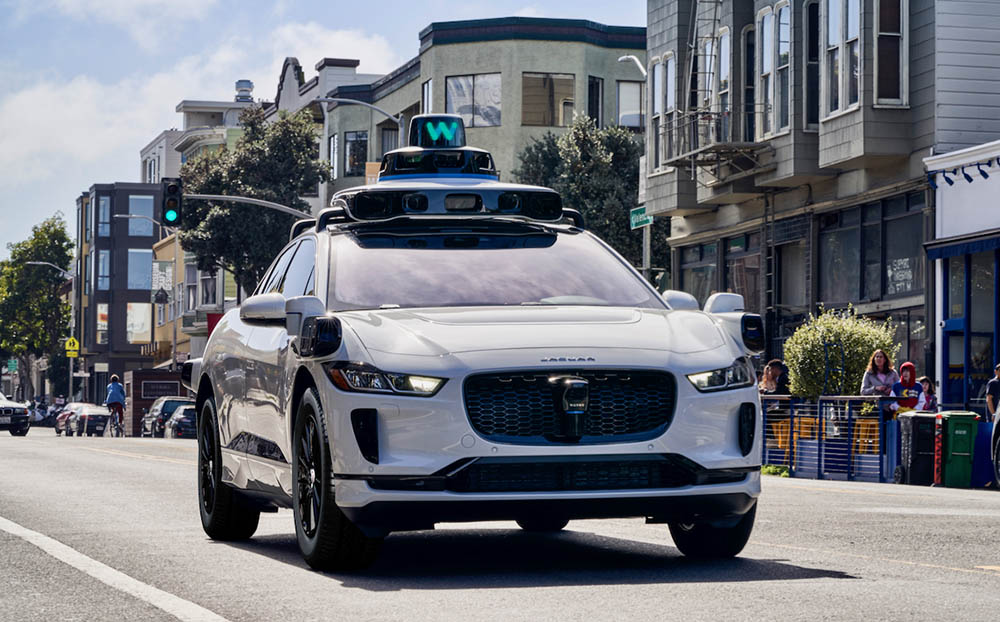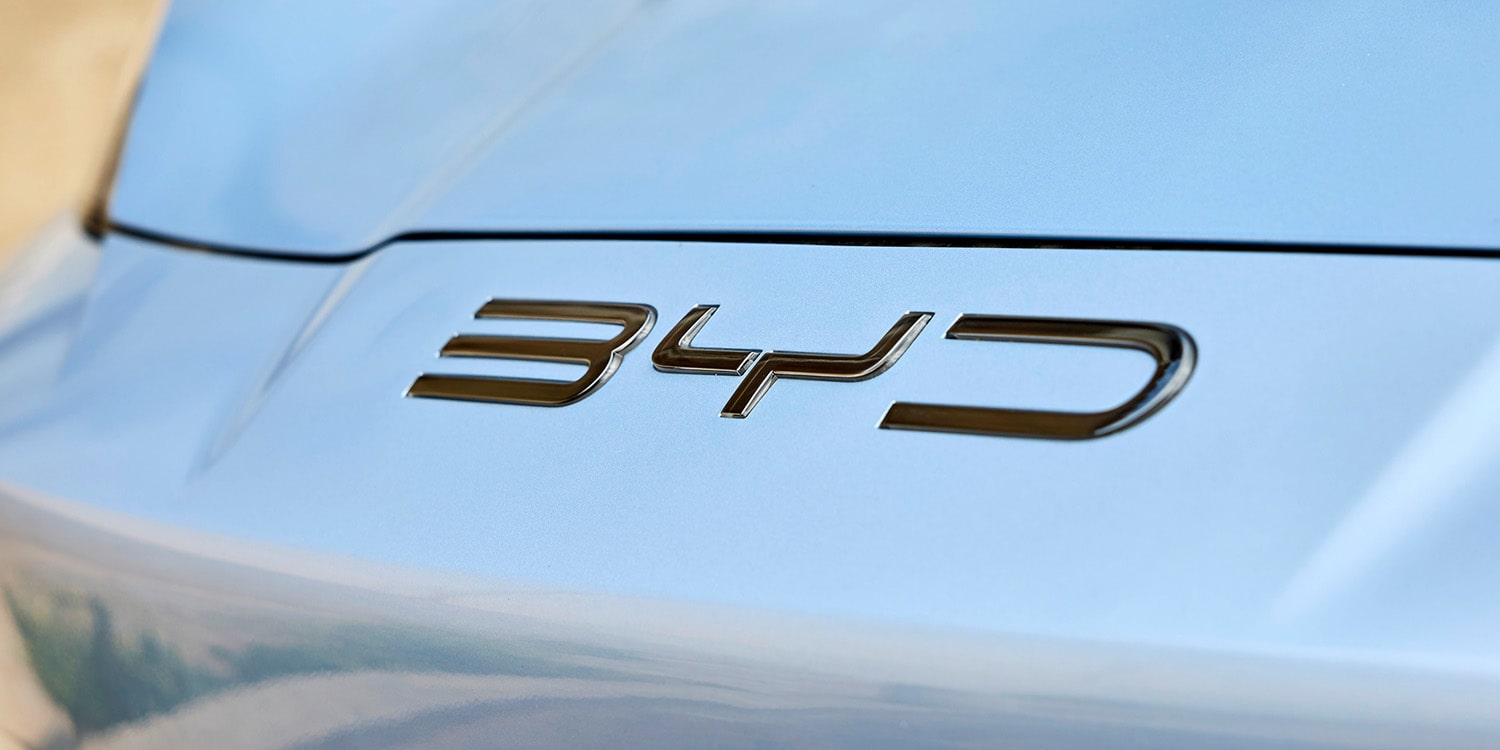General Motors (GM) has disclosed plans to reduce spending by approximately $1 billion on its autonomous vehicle unit, Cruise, in 2024. Despite ongoing investigations by the U.S. Justice Department and the Securities and Exchange Commission related to a recent accident involving a Cruise robotaxi, GM CEO Mary Barra affirmed the company’s commitment to the self-driving project.
The investigation was triggered by an incident on October 2, 2023, in San Francisco, where a Cruise robotaxi struck a pedestrian, resulting in significant public criticism and the revocation of Cruise’s permit to operate driverless vehicles by the California Department of Motor Vehicles.
See also: GM’s Cruise Faces Extended Challenge in Convincing Regulators and Public on Safety
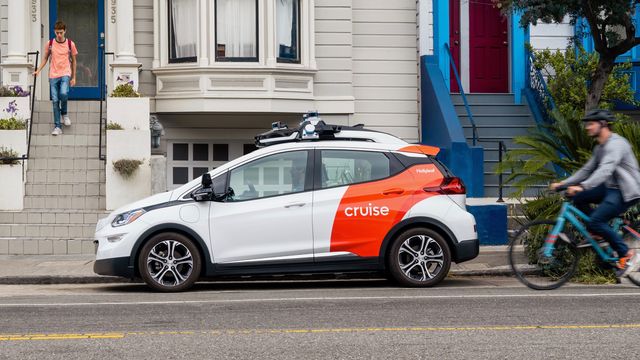
Addressing the issue, Mary Barra stated that GM would “refocus and relaunch Cruise” and assured that the company would soon provide a timetable for resuming operations. Cruise faced financial challenges in 2023, burning $1.9 billion in cash and recording a $2.7 billion pretax loss, excluding $500 million in fourth-quarter restructuring costs.
Barra emphasized GM’s commitment to Cruise and announced that the focus in 2024 would be on retaining software and engineering talent. With the suspension of plans to expand Cruise’s robotaxi operations to 20 cities, spending on vehicles and operations personnel is expected to decrease.
In response to government investigations, Barra highlighted Cruise’s commitment to cooperating and acknowledged that the company would set a higher safety standard for its autonomous driving system compared to human drivers. She noted that “humans expect computers to be much more safe” than their human counterparts.
See also: General Motors Reportedly Ends Ultra Cruise Program as Focus Shifts to Super Cruise
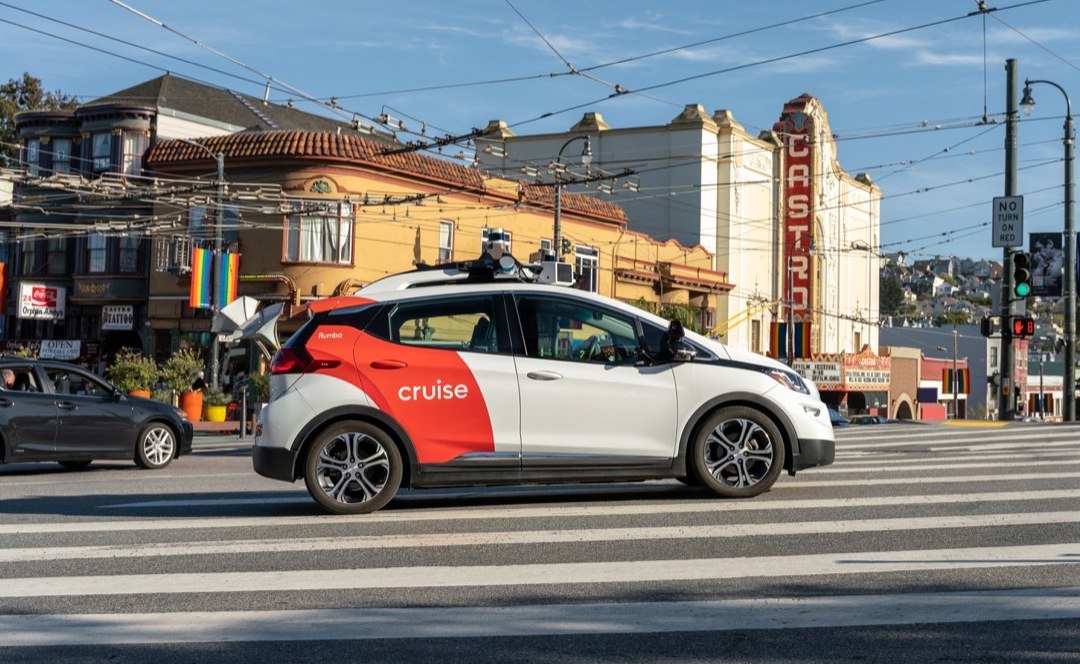
A technical review commissioned by GM and conducted by engineering firm Exponent revealed mapping errors and misidentification of the accident’s nature. Cruise has since recalled its vehicles and updated its software.
Cruise has offered to pay $75,000 to settle an investigation by the California Public Utilities Commission into its failure to disclose details of the October 2 accident. In its request to the commission, Cruise described the proposed settlement as reasonable given the company’s remedial actions and the circumstances surrounding the incident.
Since the accident, Cruise has undergone significant leadership changes, including the firing of nine executives, the resignation of CEO Kyle Vogt and co-founder Dan Kan, and a 25% reduction in staff. The developments put additional pressure on GM and Mary Barra, who had previously defended the automaker’s investment in Cruise despite more than $8 billion in losses. Barra had projected that the autonomous vehicle business could generate $50 billion in annual revenue by 2030.


